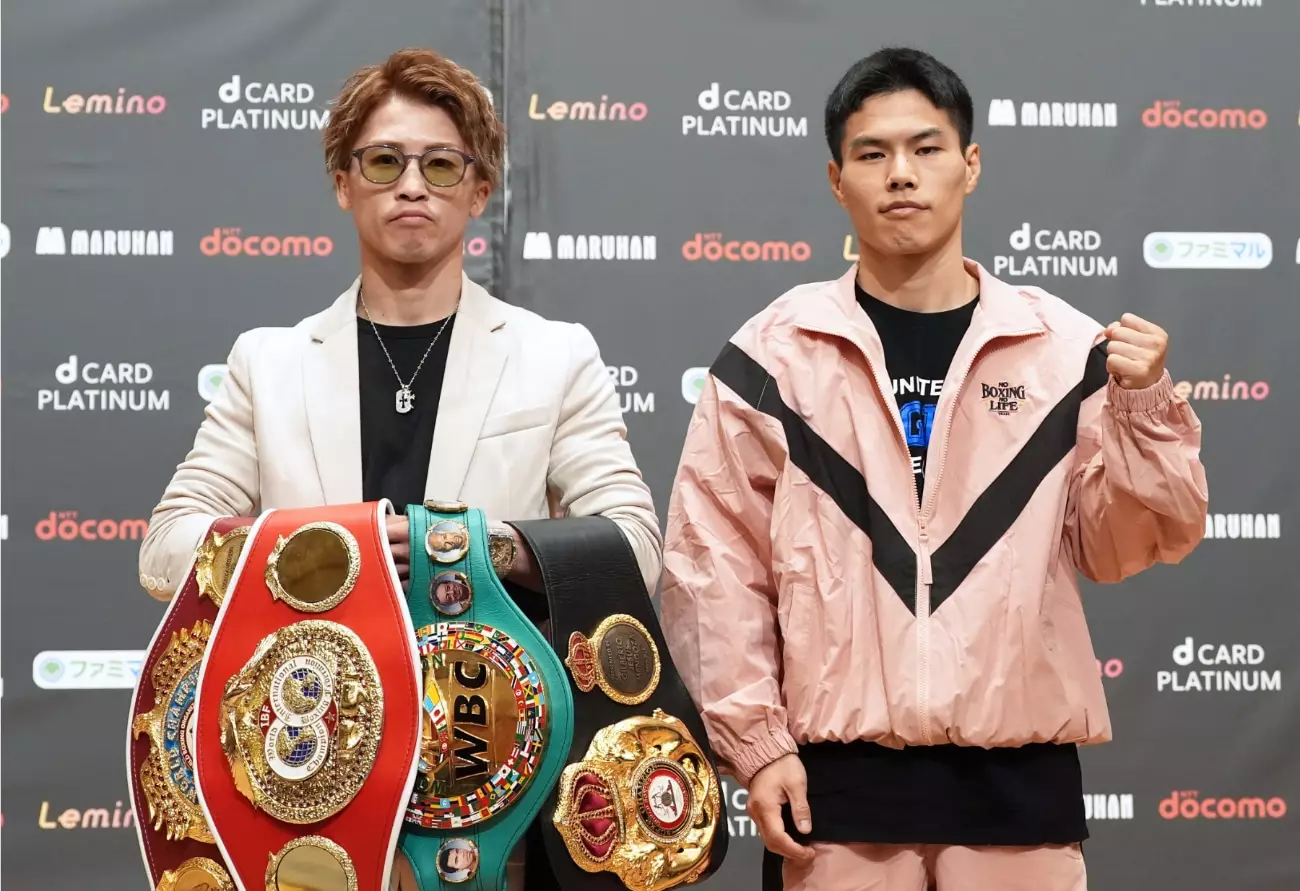The realm of boxing is often filled with debates that can split fan bases right down the middle, and a recent statement from legendary promoter Bob Arum has sparked such a dialogue yet again. In a conversation with Sky Sports, Arum, who has promoted the illustrious Manny Pacquiao throughout his career and now collaborates with the Japanese boxing sensation Naoya Inoue, put forth a contentious claim: he believes Inoue’s career accomplishments eclipse those of Pacquiao, deeming it “even more legendary.” This assertion has the boxing community buzzing, as it raises the question of what defines a “legendary” career in the sport.
To contextualize these accolades, let’s examine the accomplishments of both fighters. Manny Pacquiao stands alone in boxing history as the only athlete to have won world titles in eight different weight divisions, with five of those honors stemming from being declared lineal champion. His journey through the ranks has not only defined an era but has also solidified his status as a global sports figure. In contrast, Naoya Inoue, dubbed “The Monster,” has forged his path through boxing, winning titles across four weight classes and becoming the undisputed champion at two of them.
Arum’s admiration for Inoue roots back to the Japanese fighter’s ability to conquer each of these divisions undefeated. It is a significant statistical advantage that certainly sets Inoue apart and raises the conversation about boxing as a sport. Is it more commendable to have an extensive list of titles or an unblemished record?
Arum draws an intriguing comparison between their fighting styles, suggesting that Pacquiao’s often reckless approach—a hallmark of his thrilling fighting persona—contributed to the times he was knocked out, famously losing to Juan Manuel Marquez. Inoue, on the other hand, is characterized by his disciplined technique and calculated aggression, making him a formidable opponent who rarely opens himself up for defeat. While both styles yield excitement, they are inevitably polarizing regarding each fighter’s legacy. Can a fighter’s approach to the sport influence their legendary status as much as their achievements?
Pacquiao’s brawling nature captivated fans, making him one of the most beloved figures in boxing history. The excitement surrounding his fights created a unique allure that many fans associate with the essence of the sport. For every critique of his reckless bouts, there’s an equally fervent fan who cherishes those exact moments that made Pacquiao a true crowd-pleaser. Inoue’s disciplined style, while effective, doesn’t quite evoke the same passionate engagement from fans—though it raises questions about the future of boxing and how it evolves.
One cannot delve into the discussion of these two titans without envisioning a hypothetical match-up between them. The intricacies of a fight between Pacquiao and Inoue ignite the imagination of boxing aficionados everywhere. Would the fierce, unpredictable sweat of Pacquiao overwhelm Inoue’s precision and calmness? Or would Inoue’s structured prowess eventually temper the wildfire that is Pacquiao’s fighting style? Such a bout would surely qualify as a “dream fight,” showcasing contrasting philosophies towards the sport.
The conversation ignited by Arum’s comments highlights an essential aspect of boxing—legacies are often colored by personal biases and the explicit details of their careers. Whether one leans towards Pacquiao’s exuberance and extensive accolades or favors Inoue’s rapid ascent through weight classes without a setback, both athletes embody greatness in their own right. Ultimately, the criteria for being labeled “legendary” may vary from fan to fan, but both Inoue and Pacquiao will forever hold their places in the annals of boxing history, continuing to inspire future generations of fighters.

